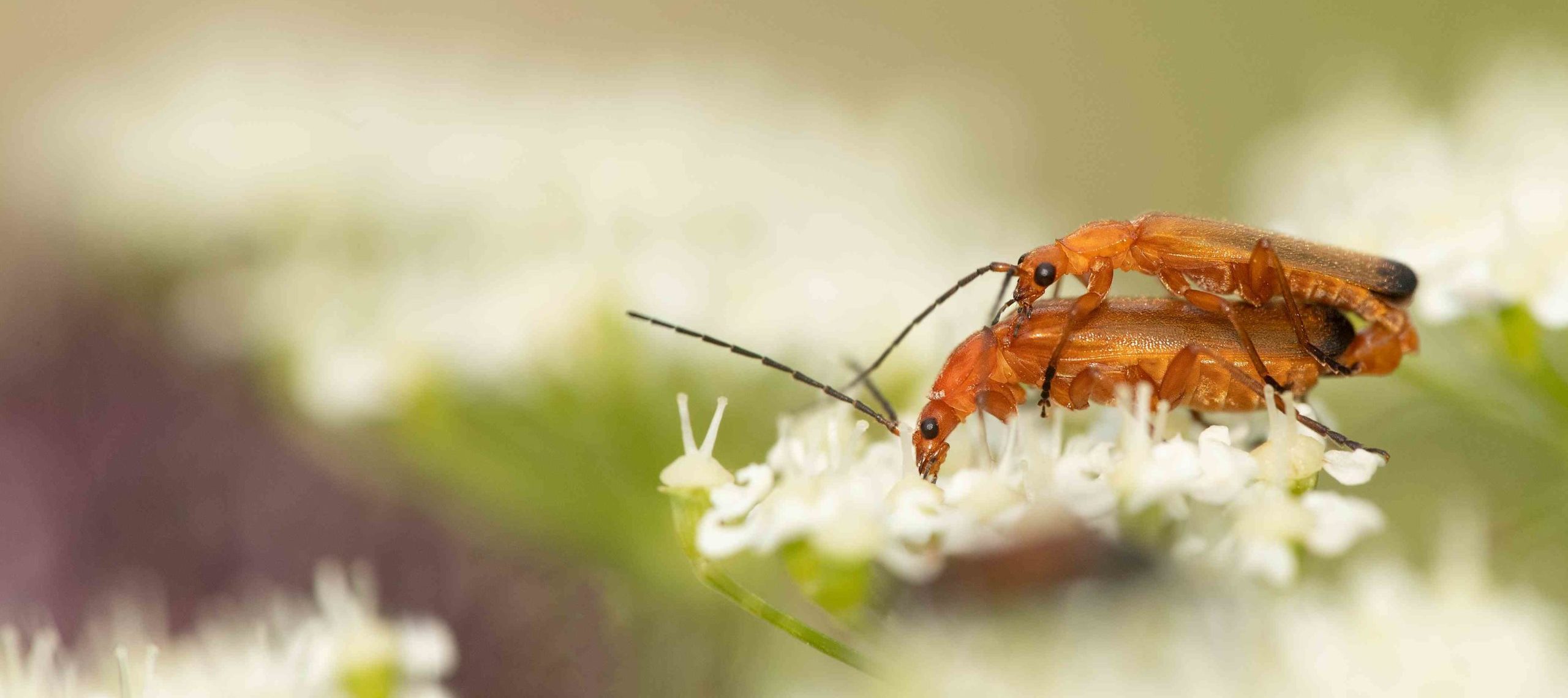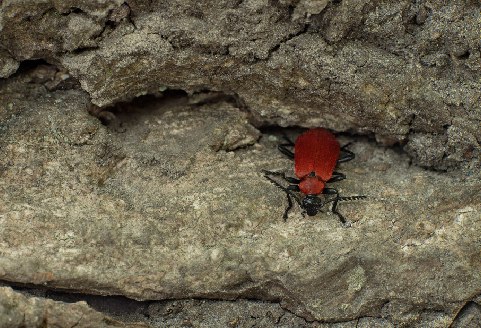How to start your own beetle collection?

Introduction
Beetles, with their incredible diversity and fascinating adaptations, have captivated naturalists and collectors for centuries. From the iridescent hues of jewel beetles to the intricate patterns of weevils, the world of beetles offers endless marvels to explore. If you’ve ever felt drawn to the idea of starting your own beetle collection, you’re in for an exciting journey. In this beginner’s guide, we’ll walk you through the basics of beetle collecting and help you embark on this rewarding hobby.
1. Understand the Fascination:
Before diving into beetle collecting, it’s essential to understand what makes these creatures so captivating. Beetles are incredibly diverse, with over 350,000 known species worldwide, and scientists estimate that many more await discovery. They inhabit nearly every environment on Earth, from tropical rainforests to arid deserts, showcasing a remarkable range of adaptations and behaviors.
2. Research and Learn:
Like any hobby, beetle collecting benefits from a foundation of knowledge. Start by familiarizing yourself with different beetle families, their habitats, and behaviors. Field guides, online resources, and entomology books are valuable sources of information. Understanding the ecological roles of beetles can also deepen your appreciation for these remarkable insects.
3. Obtain Necessary Tools:
To begin your beetle collection, you’ll need some basic equipment. A good-quality insect net will help you catch specimens in the field, while a killing jar filled with ethyl acetate or nail polish remover provides a humane way to euthanize them. Additionally, you’ll need a spreading board, insect pins, and a display case to preserve and showcase your specimens.
4. Start Collecting:
Once you’ve equipped yourself with knowledge and tools, it’s time to start collecting beetles. Begin by exploring local parks, forests, and meadows, where you’re likely to encounter a variety of species. Remember to respect nature and obtain any necessary permits or permissions before collecting in protected areas. Keep detailed records of the time, date, and location of each specimen, as well as any observations you make in the field.

5. Ethical Considerations:
As a beetle collector, it’s essential to prioritize ethical and sustainable practices. Only collect specimens that are abundant and widespread, and avoid disturbing endangered or threatened species. Respect local regulations regarding insect collecting, and always obtain proper permits when necessary. Additionally, consider contributing to citizen science projects that promote the conservation of beetles and their habitats.
6. Preserve and Display:
Proper preservation is crucial for maintaining the integrity of your beetle collection. After collecting specimens, carefully pin them to a spreading board, taking care to position them correctly to showcase their features. Label each specimen with relevant information, such as the species name, collection date, and location. Finally, display your collection in a secure, dust-free case where you can admire and share it with others.
7. Continue Learning and Exploring:
Beetle collecting is a lifelong journey of discovery and learning. Take advantage of opportunities to expand your knowledge, whether through attending entomology conferences, joining local insect clubs, or connecting with fellow collectors online. Experiment with different collecting techniques and habitats to broaden your understanding of beetle diversity and behavior.
Conclusion:
Starting your own beetle collection is a rewarding and enriching hobby that allows you to delve into the fascinating world of these remarkable insects. By combining curiosity, respect for nature, and a passion for learning, you can embark on a journey that offers endless opportunities for exploration and discovery. So grab your net, venture into the great outdoors, and let the adventure begin!

0 Comments